Azerbaijan Defends Fossil Fuel Use at COP29 as Global Leaders Skip Summit
Nations like the Maldives expressed frustration with the lack of sufficient funding for adaptation.
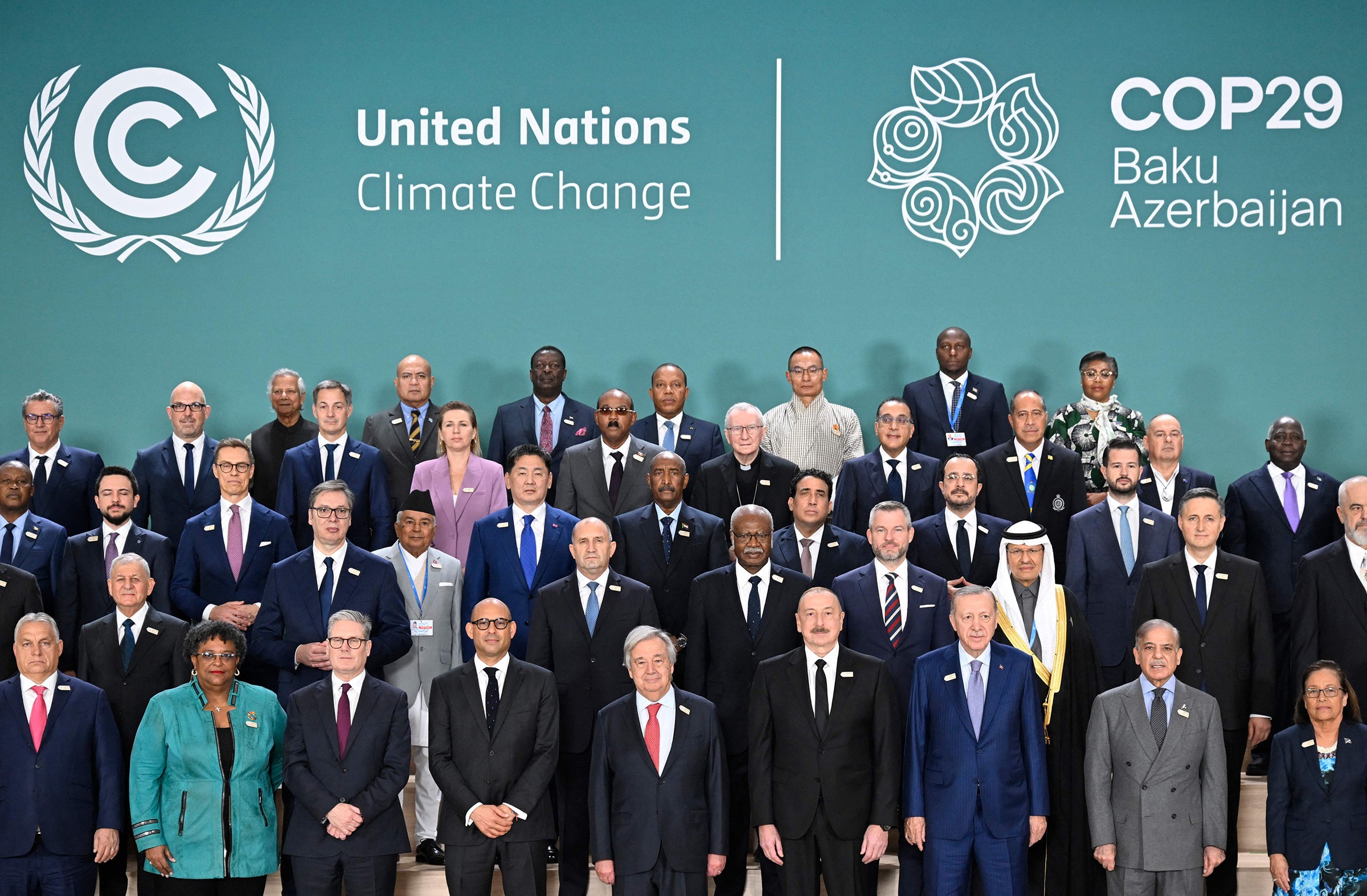
The COP29 climate summit in Baku, Azerbaijan, took a contentious turn on Tuesday as Azerbaijani President Ilham Aliyev defended his country’s fossil fuel industry, asserting that nations should not face judgment for their natural resources.
Aliyev, who addressed delegates from over 75 countries, argued that resources like oil and gas are “gifts of God” that Azerbaijan has the right to develop.
His remarks come as more than 50,000 attendees, including leaders from climate-vulnerable nations, gather to negotiate global climate policy in the shadow of major absences among G20 leaders.
Aliyev’s statements sparked backlash from environmental advocates. Alex Rafalowicz, director of the Fossil Fuel Non-Proliferation Treaty Initiative, responded by emphasizing that while countries may have fossil resources, “they are responsible for the threat they pose to humanity by extracting them.”
G20 No-Shows Amid Trump’s Election Shadow
Notably absent from COP29 are leaders from the United States, China, India, France, and Germany, representing some of the world’s largest greenhouse gas emitters. The absence of these major players has cast doubt over the summit’s effectiveness, particularly following Donald Trump’s election victory, which raises uncertainty around the future of U.S. climate policy.
However, Washington’s delegation, led by climate advisor Ali Zaidi, sought to reassure attendees that the U.S. remains committed to reducing emissions, describing its current approach as “secular and sustained.”
UK Announces New Climate Goals
Among the higher-profile leaders present, UK Prime Minister Keir Starmer announced that Britain aims to cut emissions by 81% from 1990 levels by 2035. Starmer’s commitment signals the UK’s intent to showcase leadership on climate action, particularly as many other large emitters remain non-committal.
Developing Nations Demand Climate Financing
One of the summit’s central issues is the long-standing, unresolved pledge of $100 billion annually to support climate-vulnerable countries in transitioning to renewable energy and adapting to climate impacts.
Countries facing rising sea levels, extreme weather, and economic shocks from climate change have called for the pledge to be increased significantly to account for escalating risks and rising costs.
Uganda’s representative Adonia Ayebare, speaking on behalf of a coalition of over 100 developing countries and China, stated that they had already rejected a preliminary draft deal on climate finance, saying, “We cannot accept it,” and demanded a new, more ambitious proposal.
Nations like the Maldives expressed frustration with the lack of sufficient funding for adaptation. Maldivian President Mohamed Muizzu highlighted the irony of funds flowing freely for conflict but facing heavy scrutiny when used for climate resilience efforts. “We need the finance COP to deliver,” he said.
Calls for Broader Donor Base and Stalled Negotiations
Developed countries currently bearing the bulk of climate finance contributions are pressing for an expanded donor pool that includes wealthy nations outside the traditional donor base, such as China and Gulf states. However, China has rejected this proposal, positioning itself alongside developing nations in negotiations.
UN Secretary-General Antonio Guterres underscored the importance of reaching a financing agreement, stating that developing nations “must not leave Baku empty-handed.” He emphasized that climate finance should not be viewed as charity but as an investment in global stability and economic resilience.
The Urgent Need for Climate Action and Economic Stability
UN climate chief Simon Stiell echoed these sentiments, warning that the climate crisis is becoming an “economy killer” that threatens to erode global economic stability if left unchecked. Describing climate action as “global inflation insurance,” Stiell aimed to frame the climate agenda as economically beneficial in addition to being environmentally essential.
The stakes at COP29 are high, with 50,000 delegates in attendance and many leaders from African, Asian, and Latin American countries who are directly affected by climate change-related disasters. Guterres and other UN officials are stressing that the Baku summit must yield actionable commitments, as communities across the globe face intensifying climate threats.
As negotiations continue, the absence of key G20 leaders and the divergent views on fossil fuels and financing present significant challenges. With nations sharply divided on how to meet their commitments, the summit’s outcomes will have far-reaching implications for global climate policy, economic resilience, and the future of international cooperation in addressing the climate crisis.



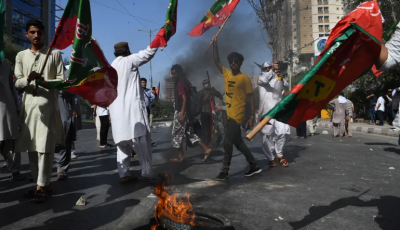
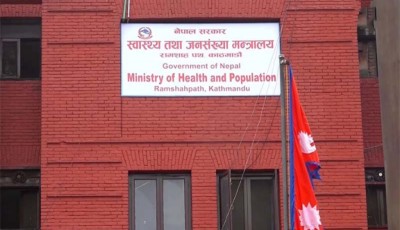
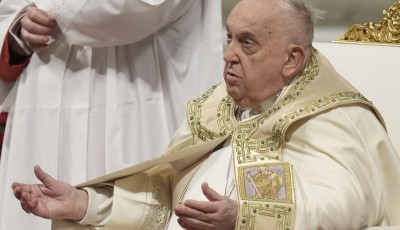


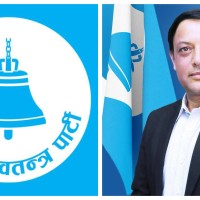










तपाईको प्रतिक्रिया दिनुहोस